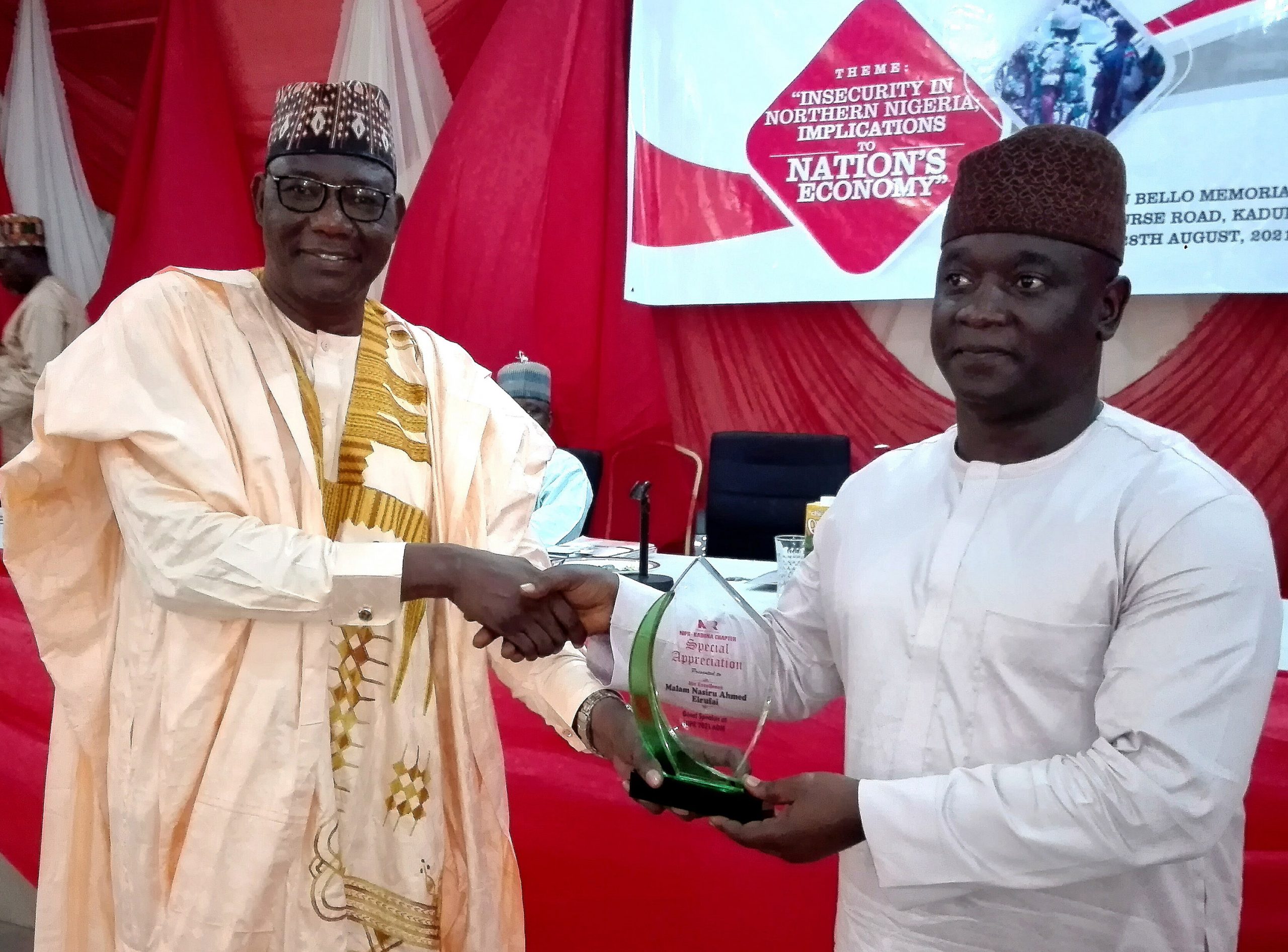Business
Dubai: Emirates Extends Flights Suspension From Nigeria Till Sept 5

For the second time, Emirates Airlines has extended the suspension of flights from Lagos State and Abuja airports to Dubai till September 5, 2021.
The Dubai-based carrier had earlier announced that it would suspend flights from Nigeria to Dubai till August 28.
Emirates said passengers who have been to or connected through Nigeria in the last 14 days will not be permitted on any of its flights bound for Dubai.
Dubai’s flagship carrier Emirates yesterday announced the extension of suspension of Nigeria flights until September 5.
“Passengers who have been to or connected through Nigeria in the last 14 days will not be permitted on any Emirates flights bound for Dubai”, the airline said, adding that affected flight bookings have been cancelled.
“If your flight has been cancelled or impacted by route suspensions due to Covid-19 restrictions, you don’t need to call us immediately for rebooking. You can simply hold on to your Emirates ticket and when flights resume, get in touch with your booking office or us to make new travel plans,” the airline said.
Travellers were encouraged to continue monitoring the airline’s official website for updates and flight availability.
This is the second time the Emirates Airlines will extend flight suspension from Nigeria to Dubai.
It will be recalled that on June 19, the Dubai’s Supreme Committee of Crisis and Disaster Management had announced the resumption of flights from Nigeria after several months of a ban in line with the country’s Covid-19 protocols.
In the statement released via the UAE government official website, travel protocols were also provided for inbound passengers from South Africa, Nigeria and India.
In the statement, Nigerian passengers were required to “present a negative test result for a PCR test taken 48 hours prior to departure.”
The statement added that, “The negative PCR test certificate should carry a QR Code and the test must have been conducted by labs approved by the Nigerian Government. Passengers must also undergo a PCR test on arrival in Dubai”.
The decision which was meant to be effective by 23rd of June was, however, reversed by Emirates Airlines in a statement via its official website on June 21, 2021.
“In line with government directives, passenger flights to and from Nigeria (Lagos and Abuja) are suspended with effect from 21 June 2021 until further notice.” the statement read.
Business
FIRS Clarifies New Tax Laws, Debunks Levy Misconceptions

Business
CBN Revises Cash Withdrawal Rules January 2026, Ends Special Authorisation

The Central Bank of Nigeria (CBN) has revised its cash withdrawal rules, discontinuing the special authorisation previously permitting individuals to withdraw N5 million and corporates N10 million once monthly, with effect from January 2026.
In a circular released Tuesday, December 2, 2025, and signed by the Director, Financial Policy & Regulation Department, FIRS, Dr. Rita I. Sike, the apex bank explained that previous cash policies had been introduced over the years in response to evolving circumstances.
However, with time, the need has arisen to streamline these provisions to reflect present-day realities.
“These policies, issued over the years in response to evolving circumstances in cash management, sought to reduce cash usage and encourage accelerated adoption of other payment options, particularly electronic payment channels.
“Effective January 1, 2026, individuals will be allowed to withdraw up to N500,000 weekly across all channels, while corporate entities will be limited to N5 million”, it said.
According to the statement, withdrawals above these thresholds would attract excess withdrawal fees of three percent for individuals and five percent for corporates, with the charges shared between the CBN and the financial institutions.
Deposit Money Banks are required to submit monthly reports on cash withdrawals above the specified limits, as well as on cash deposits, to the relevant supervisory departments.
They must also create separate accounts to warehouse processing charges collected on excess withdrawals.
Exemptions and superseding provisions
Revenue-generating accounts of federal, state, and local governments, along with accounts of microfinance banks and primary mortgage banks with commercial and non-interest banks, are exempted from the new withdrawal limits and excess withdrawal fees.
However, exemptions previously granted to embassies, diplomatic missions, and aid-donor agencies have been withdrawn.
The CBN clarified that the circular is without prejudice to the provisions of certain earlier directives but supersedes others, as detailed in its appendices.
Business
Shippers Council Vows Commitment To Security At Nigerian Ports
-
Business3 days ago
Shippers Council Vows Commitment To Security At Nigerian Ports
-

 Business2 days ago
Business2 days agoCBN Revises Cash Withdrawal Rules January 2026, Ends Special Authorisation
-

 Business3 days ago
Business3 days agoNigeria Risks Talents Exodus In Oil And Gas Sector – PENGASSAN
-

 Business2 days ago
Business2 days agoFIRS Clarifies New Tax Laws, Debunks Levy Misconceptions
-
Business3 days ago
NCDMB, Others Task Youths On Skills Acquisition, Peace
-

 Politics2 days ago
Politics2 days agoTinubu Increases Ambassador-nominees to 65, Seeks Senate’s Confirmation
-
Sports2 days ago
Obagi Emerges OML 58 Football Cup Champions
-

 News2 days ago
News2 days agoTinubu Swears In Christopher Musa As Defence Minister

